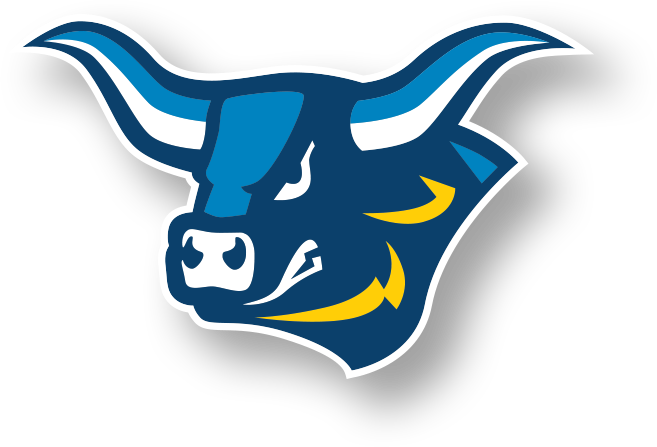
At a glance
As the
outlook for the economy continues to worsen, and tax time approaches, many
Americans are looking for ways to save money and thinking that do-it-yourself
online tax preparation is the way to go. No fees, no special postage, no
hassle!

As the
outlook for the economy continues to worsen, and tax time approaches, many
Americans are looking for ways to save money and thinking that do-it-yourself
online tax preparation is the way to go. No fees, no special postage, no
hassle!
"Online tax preparation is becoming more popular, even among the
not-so-technically minded," muses James Boardman, assistant professor in the
Business Technology Department at Alfred State College, where he teaches
courses in the information security and assurance program.
"But," he warns, "Those who plan to prepare their taxes on their home computers
should take a few precautionary steps to safeguard their sensitive financial information.
After all," he continues, "in these tough economic times, I'm guessing we'll
see more ‘hackers' trying to make a living the easy way."
Boardman notes three major areas that would-be tax preparers should consider
before jumping in.
Secure your computer. There are several steps a prospective online
tax preparer should take to accomplish this. The first is to make sure
your computer is equipped with an anti-virus program.
"There are plenty of free applications out there that are pretty good.
There are good commercial anti-virus programs, too, but I find that the free
downloads such as AVG free antivirus protection, Web address: http://free.avg.com/, provide reasonably good
protection," says Boardman.
"The second, also
available online free of charge, is a program that looks specifically for any
‘cookies' or applets that have attached themselves to your hard drive as a
result of Web surfing. The most important of these applets to watch out
for is what is called a ‘key logger,' which allows hackers to monitor your
keystrokes so they can access passwords as well as credit card numbers.
Although there are good commercial programs available, Spybot-Search and
Destroy,
Web address: http://www.safer-networking.org/en/index.html
is a good free program that searches for and destroys these ‘parasites.'"
The
third major precaution to take, says Boardman, is to install the free firewall
that comes with Windows Operating Systems.
"Once you have armed your computer, you can be reasonably assured that your
computer is not infected. Of course, there is no 100 percent guarantee
when it comes to computer security."
The
next task is to protect your network. "Folks who have dial-up
connections need not worry too much about this, because they are only connected
to the Internet for a finite amount of time. But for those who have cable
or wireless DSL Internet access, it is important to have a firewall/router that
connects directly to your cable or DSL modem and then provides network access
to your home computers.
The
firewall/router hides the inside network address of your home computers and
this makes it more difficult for Internet hackers to attack them. If configured
properly, a firewall/router will also prevent Internet hackers from using
Windows Print and File sharing services to gain access to your home
computers. Many of these firewall/routers also provide wireless access
which allows your home computers to wirelessly connect to the Internet.
According
to Boardman, it is very important that you secure your home wireless network
with a strong password, using a combination of letters, numbers, and special
characters, not dictionary words, to authenticate and encrypt all wireless
traffic. If you don't secure your wireless network, then anyone near your
home can join your home network and be able to view much of your network
traffic without your being aware, and of course, this same person could
directly attack any of your home computers. Two popular vendors for
router/firewalls are Lynsksys and Netgear. Both vendors provide
instructions on how to properly configure the device for security and network
access.
Be certain that your sensitive data is encrypted across the Internet.
The final major precaution anyone who sends sensitive information over the
Internet, whether it's filing taxes, shopping, or paying bills online, is to
make sure that the site they're using is secure.
"Internet users should
ensure their data is encrypted across the Internet whenever they are providing
sensitive data to a Web site from your Web browser, such as credit card
numbers," says Boardman. Most Web site addresses begin with http, such as http://www.alfredstate.edu/
and provide
general information. When you are entering sensitive information on a Web
site, check your browser. If the Web address starts with "https," then
your data is being encrypted across the Internet.
One last word of advice
from Boardman, who dealt with information security issues at very high
government levels while in the Air Force: "There are plenty of
electronic, Internet-based tax programs out there. Choose carefully which
one you use. If the company has been around for awhile, my guess would be
it is more reputable than others."
Boardman
joined the faculty of Alfred State College in 2004. Prior to joining the ASC
community, Boardman was a lieutenant colonel in the U.S. Air Force. He
served as a solutions architect for Power-Up Networks, Nortel Networks, and
Taproot Networks. He holds a master of science degree from the University of
Southern Mississippi and a bachelor of science degree from Cornell University.
The Niagara Falls High School graduate is the son of Bernice Boardman,
Youngstown. He is married to the former Carolene Smith; they are the
parents of Alexander, Sara, Matthew, and Gregory, all at home.
